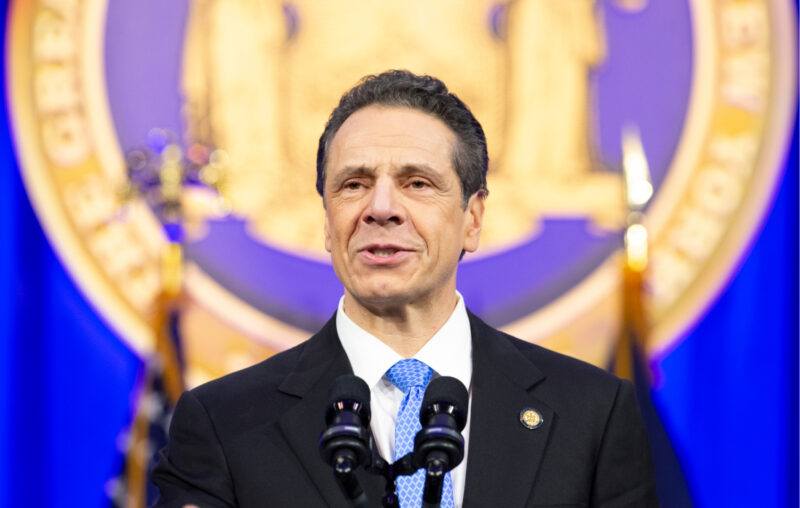Covid Fail by Elites and Stooges

A powerful video viewed more than 1 million times has drawn intense Twitter activity but not among Twitter users with blue-check validation. Maybe the video is too powerful, too truthful.
The video, by Ivor Cummins, of Ireland, proves that “dry tinder” is a major factor in Covid mortality rates. The “dry tinder” metaphor is one of ready kindling for forest fires: If the country had few fires last year, it is primed for heavy fire this year. It’s not the kindest metaphor for the persons of human souls, but it is clarifying. A soft flu season last year means more “dry tinder” this year, and more Covid deaths.
The data are powerful. Dry tinder explains probably half or so of Sweden’s Covid mortality, relative to the other Nordics. It is foremost of many factors, apart from a lighter lockdown, driving Sweden’s high Covid mortality rate among the Nordics. The others had little dry tinder and Sweden had a lot. Don’t know why, but those are the facts.
The dry tinder logic is elementary. Why weren’t epidemiologists standing ready with the data about all-cause deaths to predict Covid mortality differences among countries? And why has it taken a data maven who tweets as @FatEmperor, building on other mavens who tweet anonymously as @HaraldofW and @EffectsFacts, and others, to teach the dry tinder truth? None are blue-checkies at Twitter. It is these guys who have punctured the gaslighting to make contact with the truth.
The video also exposes the bogusness of what the Irishman calls casedemics. The bogusness is twofold. First, the media has often spoken of “cases,” simpliciter, when really meaning identified cases. If identification efforts go way up, so will identified cases. More testing turns up more cases—a simple truth obscured by some headlines. Second, identified cases are very different from hospitalizations and deaths. By these two tricks, there has been a good deal of “second wave” hooey and calls to prolong or reinstate lockdown measures. Why haven’t academics been calling it out?
Some professors and scientists have been running counter to the dominant mindset of crisis, lockdowns, and mask mandates. Leaders include Sunetra Gupta, Knut Wittkowski, Michael Levitt, Martin Kulldorff, Karl Friston, and John Ioannides. Out of Sweden came the outstanding independence of Johan Giesecke and Anders Tegnell.
And by what beneficence did we receive their unorthodox wisdom? Not from elite academic venues and the mainstream (lefty) media, but rather from Freddie Sayers and UnHerd, the American Institute for Economic Research, and other maverick, fast-moving, non-mainstream outlets willing to explore the hypothesis that the emperor is buck naked.
But why the dominant crisis-lockdown mindset at all? The foolishness of lockdowns has become all the more apparent as people think through and count up the injuries and tragedies that government coercion has inflicted. Cummins treats that too in his video. Lockdown was illconsidered from the word “go,” and it was downright stupid as soon as the curve was flattened at the intensive wards, which quickly expanded anyway.
Hooey has hovered over Covid from the outset. Why? Why have media and academic types been so passive in the face of hooey, sometimes complicit? Why did YouTube take down a viral video of Knut Wittkowski? And Scott Atlas? Why the craziness over the inexpensive generic drug hydroxychloroquine (HCQ)? The craziness spans scientific journals, government policymaking, and media coverage.
One study estimated years-remaining of Covid departed and inflated the estimate, afterward repeated by the press (1, 2), by ignoring the huge and obvious role of nursing homes. WTF? How does that get past referees and duly cited as research findings?
Maybe Knut Wittkowski was unphased from the start, but at first there was uncertainty. Most normal people, including myself, worried about a real bona fide killer pandemic. Neil Ferguson happened. Panic set in, perhaps at first quite innocently.
But more happened. My speculations reflect my suspicious mind and my classical liberal political sensibilities. I think the Covid craziness was infected by the lefty craziness now seen all around us, in cancel culture and rioting and looting and woke nonsense. The academy is lefty, the media is lefty, Google/YouTube/Facebook/Twitter are lefty, the professionalized sciences are lefty, especially in the apex of academics, of officialdom, and so on. What Marc Sidwell calls “the Blob” is dominant in these domains, I speculate. Once crisis and lockdown were the hue and cry of all good lefties, then taboos set in, and neither they nor the fellow travelers and pliant trimmers who covet blue-check validation dared point out the frauds and negligence in prevailing follies. Gratitude is due to the handful of important exceptions. One happy though late exception on the left is an interview in Jacobin. The interview confirms lefty lockdown enthusiasm, and questions it from the left.
Leftism, whether its votaries realize it or not, and whether they admit it or not, has in its essence an impulse toward the governmentalization of social affairs. Lefties might be in denial about this impulse; they most definitely are in denial about the general demerits of governmentalization. But lefties are lefties, and I do not understand them. So maybe they seized on the panic and went all-in on lockdowns, just from the impulse toward governmentalization.
Another suspicion haunts me; namely, an aim to wreck the economy and make people miserable. The Trump economy was ruined. Look what’s happened on his watch! All just in time for the election. And especially in the more Democrat-controlled states.
But does the United States cast such a large shadow? How could the U.S. election affect policy in Europe? In the UK, I suppose, the opposition and the lefty bureaucratic Blob may not mind a mess on the Tories’ watch. But why are so many countries acting insanely?
Are municipality mortality second waves still zero and counting? I’m not sure. Madrid? Maybe some cities in Israel? Why aren’t people asking that question?










